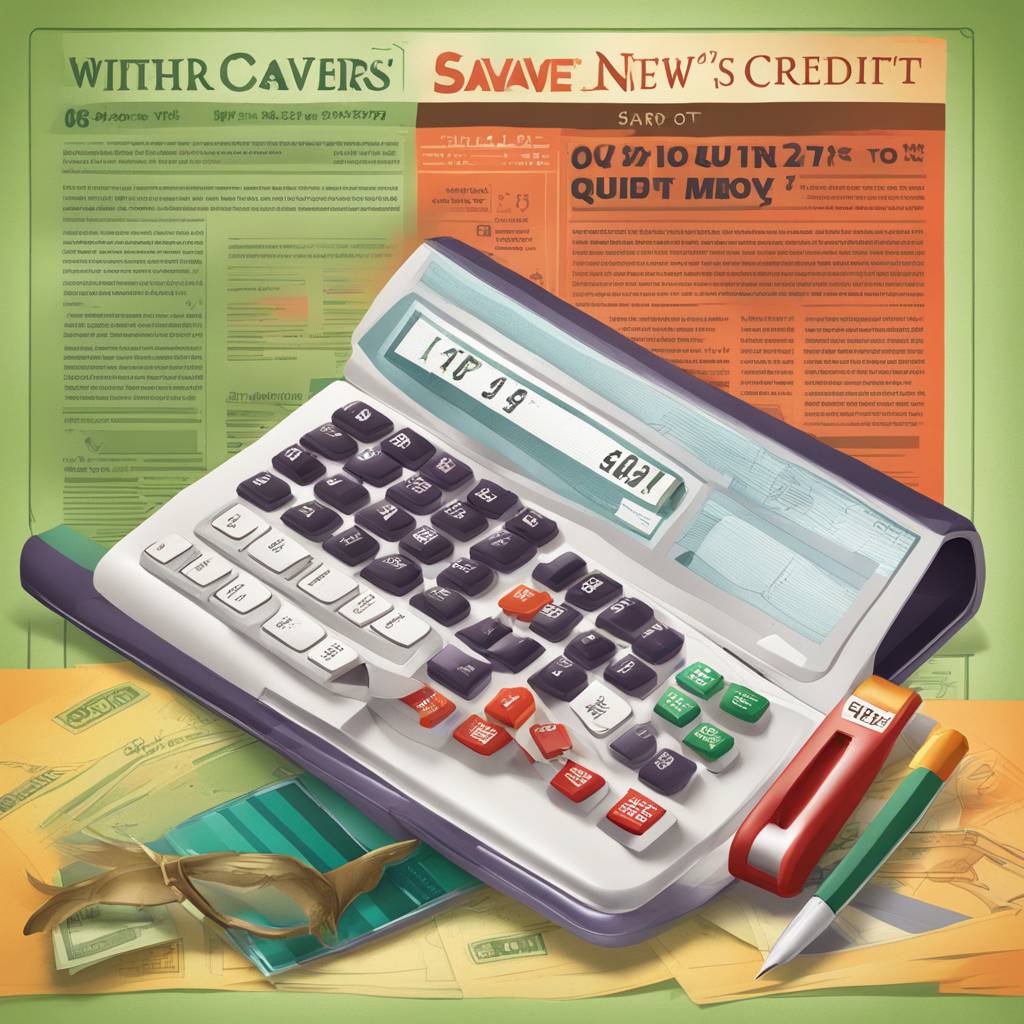The Saver’s Credit, also known as the Retirement Savings Contributions Credit, is a tax credit that helps lower to middle-income taxpayers reduce their taxes when they contribute to an employer retirement plan or a traditional or Roth individual retirement account. The credit is nonrefundable and is based on adjusted gross income. The maximum contribution that can be used to claim the credit is $2,000 for an individual and $4,000 for married couples filing jointly. The credit can range from 10% to 50% based on income levels.
Income limits for the Saver’s Credit for the 2023 tax year range from $21,750 to $36,500 for single individuals and from $43,500 to $73,000 for married couples filing jointly. The credit can be as high as 50% for those with lower incomes and decreases as income levels rise. To check eligibility for the credit, taxpayers can use the Interactive Tax Assistant tool on the IRS website. Eligible individuals can claim the credit on their tax return using Form 8880, “Credit for Qualified Retirement Savings Contributions.”
If taxpayers have already filed their tax return for the year and did not claim the Saver’s Credit but wish to do so, they can file an amended return (Form 1040-X) along with Form 8880. The IRS advises waiting to file an amended return if a refund is expected, as they may make an adjustment during processing. Beginning in 2027, the Saver’s Credit will transition to the Saver’s Match, which will offer a federal matching contribution of 50% of retirement plan or IRA contributions, up to $2,000 per individual.
The Saver’s Match will phase out for taxpayers with modified adjusted gross income between $20,500 to $35,500 for single taxpayers and $41,000 to $71,000 for joint filers. The match will not count towards the annual contribution limit and will become a nonrefundable tax credit if it is less than $100. An estimated 21.9 million people could qualify for the Saver’s Match, providing a government match for low and middle-income earners to help them save for retirement.
Despite the benefits of the Saver’s Credit and the upcoming Saver’s Match, a report found that only 40% of the general population is aware of the credit. It is important for individuals to educate themselves on available resources for saving for retirement and take advantage of tax credits and matching programs to maximize their savings. Consult with a tax adviser for assistance in determining eligibility for the Saver’s Credit and to ensure proper filing of tax returns.













